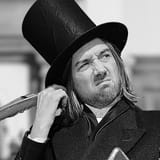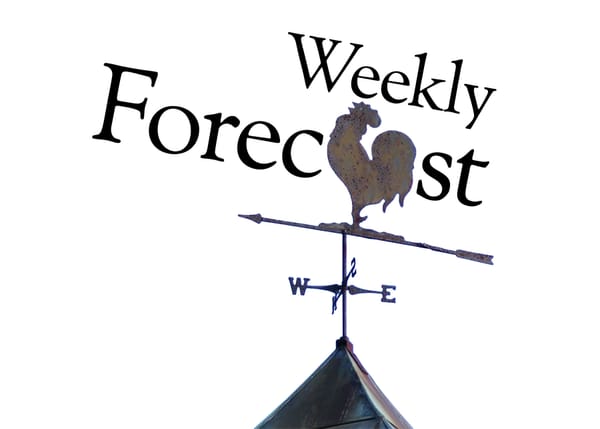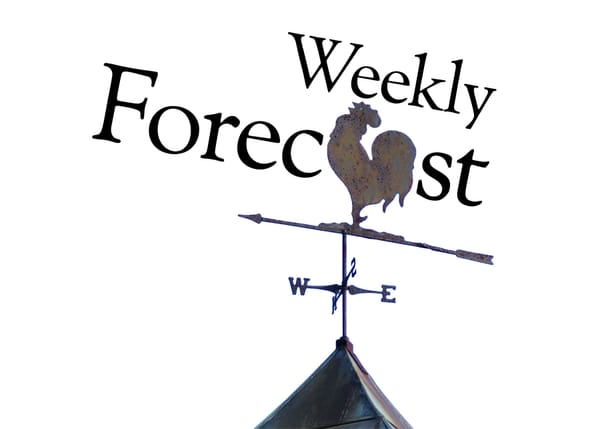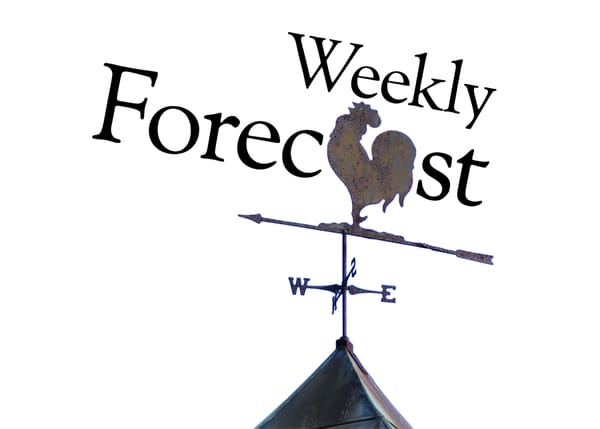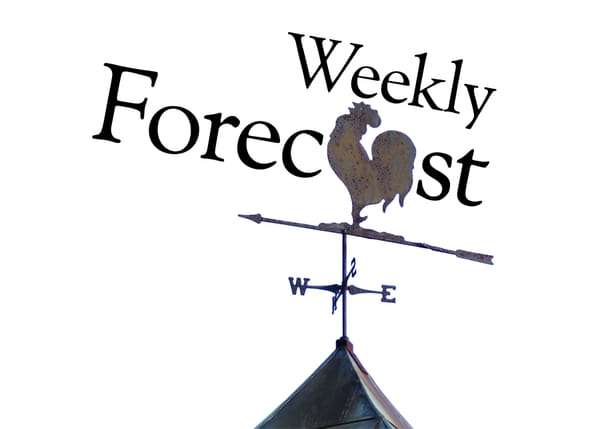Tell It To A Turtle
On Johnny Marks and the Christmas Spirit
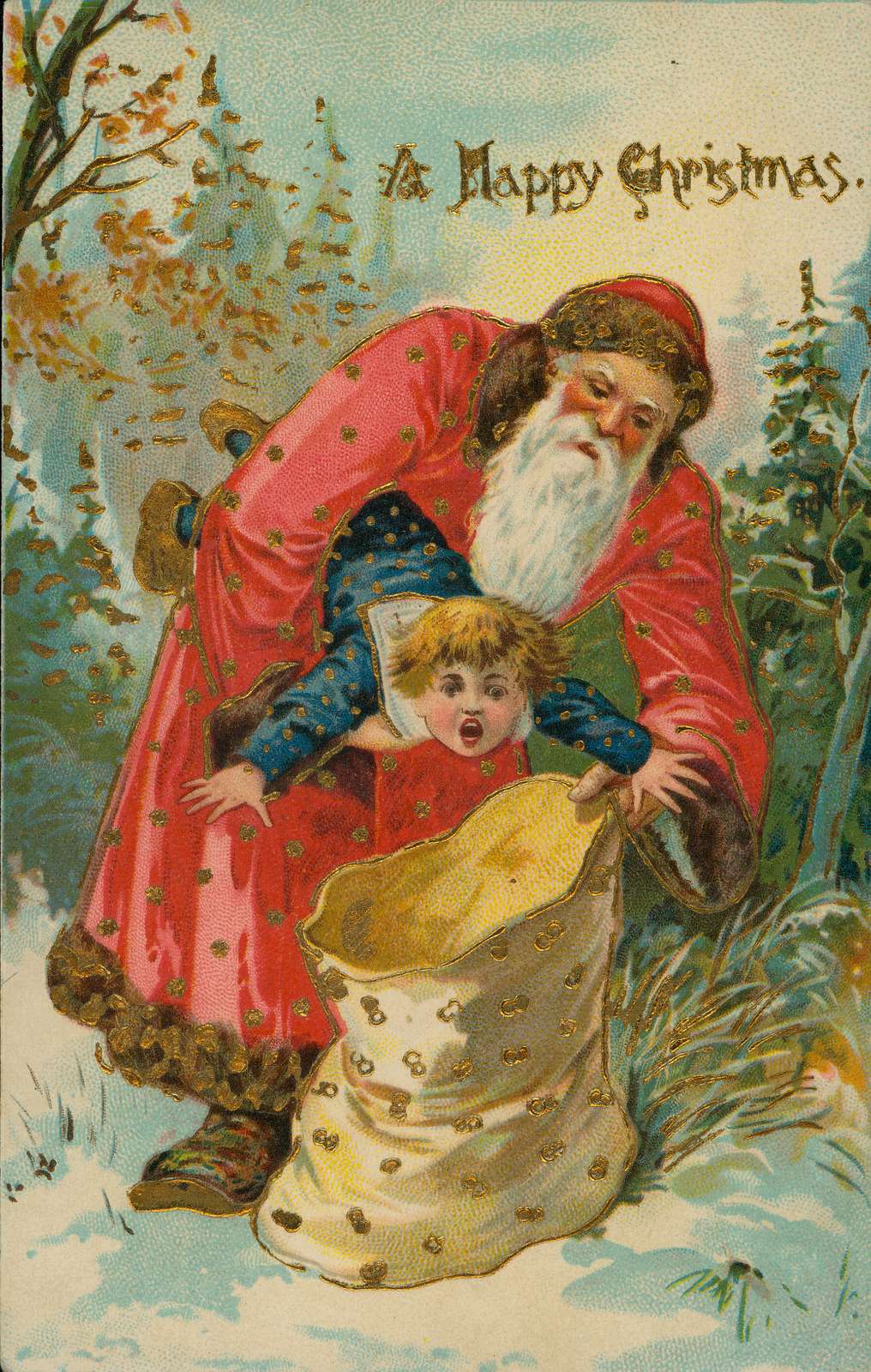
“Suppose I tell you a Christmas story that’s sort of different; one without toys, and, if you don’t mind, without Santa Claus,” says Squire the badger, in the 1979 animated Christmas special, The Tiny Tree.
“A Christmas story without Santa Claus?” says the little bunny, incredulous.
“That’s right,” says Squire. “It’s a story about love. And sharing.”
Skip forward a few minutes and you’ll meet Horace the Vegetarian Hawk, a Dom DeLuise look-alike, if Dom’s feathers formed a natural turtleneck collar. He affably steals an onion from a frightened mole, in a scene that plays out like a protection racket. This comes on the heels of the song Tell It To a Turtle, the reason I hunted down The Tiny Tree on YouTube. It seems there’s not much to tell about Tell It To a Turtle. It’s exactly the following, with repetition:
“If you have a little secret, and you don’t think that it can last, simply tell it to a turtle, and it won’t get around very fast.”
If that’s not genius on its own, Tell It To a Turtle has an irresistably catchy tune, as you’d expect from Johnny Marks, the man who wrote Rockin’ Around the Christmas Tree and I Heard the Bells on Christmas Day and A Holly Jolly Christmas and, most notably, Rudolph the Red-Nosed Reindeer. I didn’t watch the end of The Tiny Tree so I can’t tell you how it turns into a Christmas story, but I take it on faith that it does.
It’s an indisputable fact that Johnny Marks loved Christmas, though some people persist in disputing it, on the arguments that Johnny Marks was Jewish, and worked on Madison Avenue, and his songs don’t have any babies or mangers in them anywhere. One could see him as a conundrum, like a vegetarian hawk, but I don’t.
As Garrison Keillor said, “A lovely thing about Christmas is that it's compulsory, like a thunderstorm, and we all go through it together.”
Christmas doesn’t just happen around us, it happens to us. It happens to Jewish boys from Greenwich Village as profoundly as it does to anyone. Johnny Marks grew up in a city that hoisted a giant fir in Times Square, skated at Rockefeller Plaza, strung itself in silver bells and electric lights, and put toys on display in magical storefront windows. Why shouldn’t he love that? It’s his to love.
I read about a survey of the American public on its use of “Happy Holidays” vs. “Merry Christmas.” “Happy Holidays” was most strongly preferred in Atlanta, a city proud of its diversity. “Merry Christmas” was most strongly preferred in Minnesota, where 75% of residents profess a Christian faith. But strangely, my own Pacific Northwest, the nation’s least-religious corner, also strongly preferred “Merry Christmas” over “Happy Holidays.” The survey team hypothesized (correctly) that Pacific Northwesterners don’t think of Christmas as a Christian holiday in the first place. To us, saying “Merry Christmas” is the same as singing “there’ll be snow, and mistletoe, so grab a cup of cheer.” We recognize that different people have different attachments to Christmas, but in the dark, rainy months of winter, anyone who puts up a string of lights is a good neighbor to have.
To those of you celebrating the birth of a savior, I wish you a meaningful Christmas in the best and deepest of ways. To those who celebrate other holidays, I hope yours are (or were) delightful. And to those like me and Johnny, who merely love the sentiment of bells and trees and lights and cookies and love and sharing, a Merry Christmas, one and all!
(And if you think that Christmas, a thoroughly borrowed holiday, is anyone’s personal property, kindly tell it to a turtle.)

